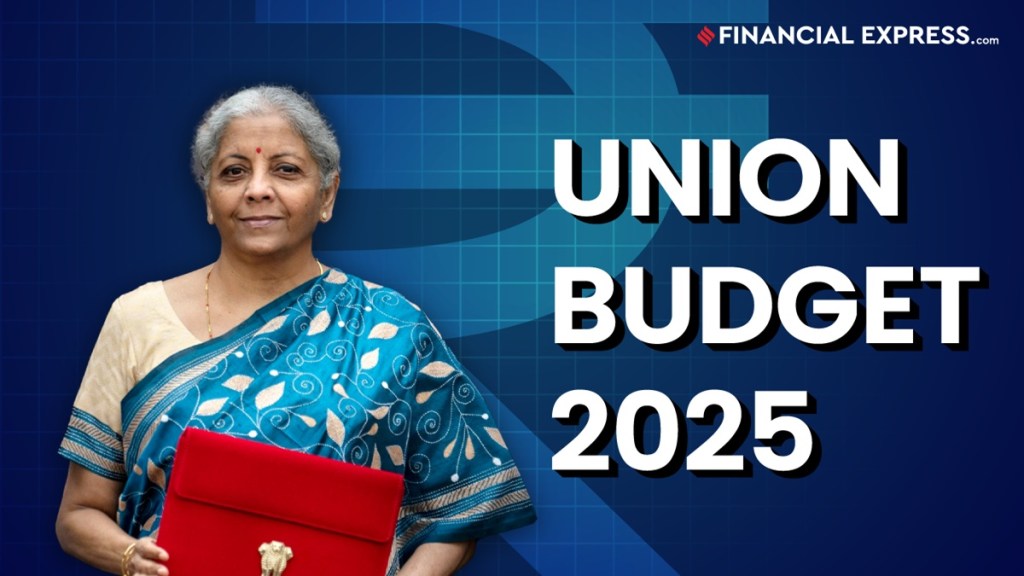Budget 2025: The MSME sector remains a cornerstone of India’s economy, contributing significantly to employment generation, exports, and innovation. However, persistent challenges such as limited credit access, infrastructure gaps, regulatory burdens, and slow technology adoption hinder their growth. For this year’s Budget, industry leaders advocate for strategic interventions to empower MSMEs, enhance their competitiveness, and position India as a global manufacturing hub.
From financial support and skill development initiatives to digital transformation incentives and simplified compliance, stakeholders expect policy measures that can drive sustainable growth and unlock the full potential of the MSME sector.
As MSMEs continue to face a substantial credit gap, limiting their potential for growth and innovation, Manish Shah, MD & CEO at Godrej Capital anticipates the introduction of a dedicated liquidity facility for MSMEs in the budget, facilitating easier access to working capital and long-term financing.
“Such an initiative would empower MSMEs to invest in technology, expand their operations, and enhance competitiveness,” he said.
Mukul Goyal, Co-Founder of Stratefix Consulting said there is an urgent need for a working capital support guarantee to address liquidity challenges, especially for MSMEs managing day-to-day operations. Further, raising the mandatory e-invoicing threshold, and harmonizing input tax credits would help MSMEs manage cash flows better while revising GST slabs for essential raw materials would further reduce input costs and improve margins.
Moreover, strengthening the Credit Guarantee Scheme to provide seamless access to affordable funding will help MSMEs reduce their dependence on costly informal sources, said Tejas Goenka, Managing Director at Tally Solutions.
“Additionally, incentivising investment in the MSME sector will drive more investment towards these businesses, enabling their growth,” Goenka added.
As the adoption of digital tools and modern technologies remains a challenge for many MSMEs due to high costs and limited digital literacy, Shah called for the introduction of targeted subsidies or tax incentives for investments in digital infrastructure to alleviate these barriers.
Goenka also suggested expanding the Presumptive Taxation regime under Section 44AD to include service providers, freelancers, and small tech-driven businesses, to further simplify compliance and ease operational burdens.
On the other hand, Goyal said the government should launch a Digital Acceleration Fund, providing interest-free loans or grants for AI, IoT, and cloud adoption. Additionally, initiatives like the Skill 2.0 Initiative and Skill Credits could bridge the growing skill gap by encouraging MSMEs to invest in upskilling their workforce in emerging technologies, he added.
Furthermore, with upskilling being critical to unlocking workforce productivity, Shah said government-supported training programs tailored to the evolving needs of MSME employees would equip them with relevant skills and bolster industry readiness.
As India’s ambition to become the factory of the world hinges on empowering its MSME sector, the outlays for MSME programmes, said Padmanand V, partner at Grant Thornton Bharat, amounting to less than Rs 10,000 crore, are disproportionately low compared to allocations for agriculture.
“There is a need to enhance outlays under the listed programmes such as micro & small enterprises cluster development programme (MSE-CDP) and raising and accelerating MSME performance (RAMP) programme. Additionally, the need for strategic investment in infrastructure and policies that can elevate MSMEs from being the ‘office of the world’ to the ‘factory of the world’. This shift could position India as a viable alternative to China in global manufacturing,” he said.
Echoing measures for technology adoption among MSMEs, Abhishek Anand, Partner (Inclusive Banking and Enterprise Development (IB & ED) Domain in Asia, MicroSave Consulting (MSC) said the budget should focus on incentivizing technology adoption—such as AI, blockchain, and robotics—empowering businesses to enhance productivity and innovation.
“Additionally, fostering innovation in financing, through mechanisms like crowdfunding and supply chain financing, will open new avenues for growth. Collaboration among industry players, government, and financial institutions is crucial to ensuring compliance, market access, and sustainable development,” said Anand.
